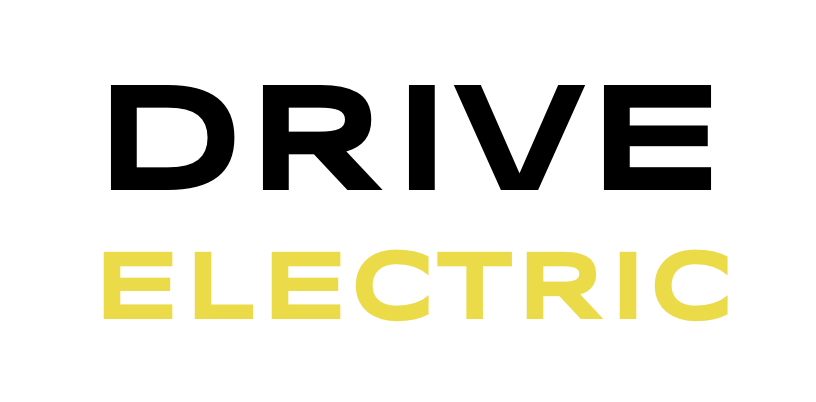Volvo has announced that the EX90 is in the pipeline for a South African introduction in early 2025.
The fully-electric SUV will carry the torch as the flagship model in the automaker’s local catalogue alongside the petrol-powered XC90.
It will be the second EX-badged Volvo to arrive in South Africa following the introduction of the EX30 back in June 2023.
“Volvo Car South Africa expects the new EX90 to launch locally early 2025, with the first customer vehicles scheduled to arrive in South Africa towards the end of the second quarter of next year,” the company said.
A car of many firsts
The EX90 is described by its makers as a car of many firsts.
It’s the first Volvo to be equipped with lidar technologies, the first with a core computing system, as well as the first with bi-directional charging, making it unlike any other that came before it.
The lidar – short for Light Detection and Ranging – system is coupled with a mix of cameras and radar sensors to create a real-time, 360-degree view of the world.
The sensors monitor the road and your surroundings for hundreds of metres to watch for any hazards, and take action accordingly using one of the many electronic intervention systems included as standard such as lane-change assist and adaptive speed control.
The EX90 also permanently scans the interior to detect when the driver is distracted, drowsy, under the influence, or otherwise inattentive, and will take over control to bring the car to a safe stop if a driver remains unresponsive.
The so-called core computing system runs key functions inside the car, from safety and infotainment to battery management, resulting in a more responsive and convenient experience than in Volvo infotainment systems of past.
Meanwhile, bi-directional charging enables owners to use unspent charge on powering exterior accessories such as a fridge or coffee machine should there be a grid outage or if they’re far away from traditional wall outlets.
Depending on the market, the EX90 is available with two all-wheel-drive powertrain configurations.
In Sweden, it’s sold in standard and Performance variants, the former generating 300kW and 770Nm and the latter a more substantial 380kW and 910Nm.
The 0-100km/h sprint is done and dusted in 5.9 seconds in the less powerful entry whereas the Performance shaves it down to just 4.9 seconds.
Both models employ a 111kWh battery with a maximum driving range of around 600km on the cards measured on the WLTP standard.
When depleted, the correct fast-charging station replenishes the module from 10-80% in under 30 minutes.
The cabin of the XC90 continues the minimalist design language the Swedish manufacturer has become known for.
The front fascia is as simplistic as can be, only disrupted by a vertical 14.5-inch central display and a stout 9-inch digital driver’s monitor.
The infotainment system now runs on Google’s latest software and provides voice assistance in addition to Google Maps support.
Other highlights include four-zone climate control, a fixed panoramic glass roof, a wireless phone charger, a heads-up display, electric front seats, and a heated steering wheel.
The sizeable Volvo measures 5,037mm long, 1,964mm wide, and 1,744mm tall with a maximum load capacity of 1,915 litres.
Full article HERE
(source: TopAuto)

